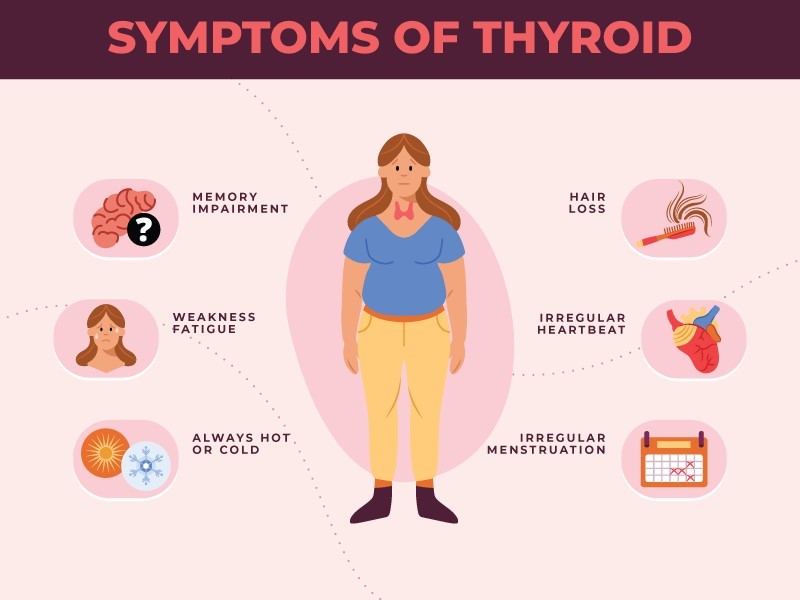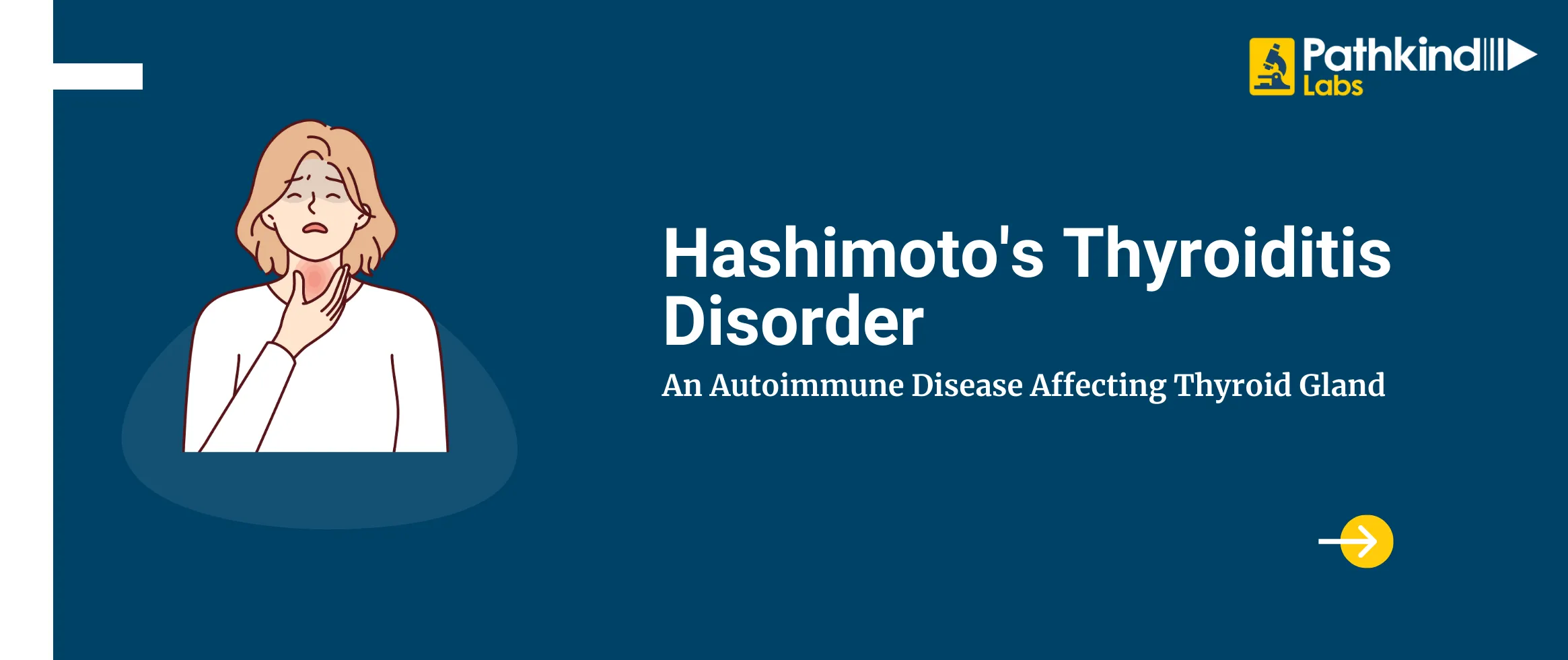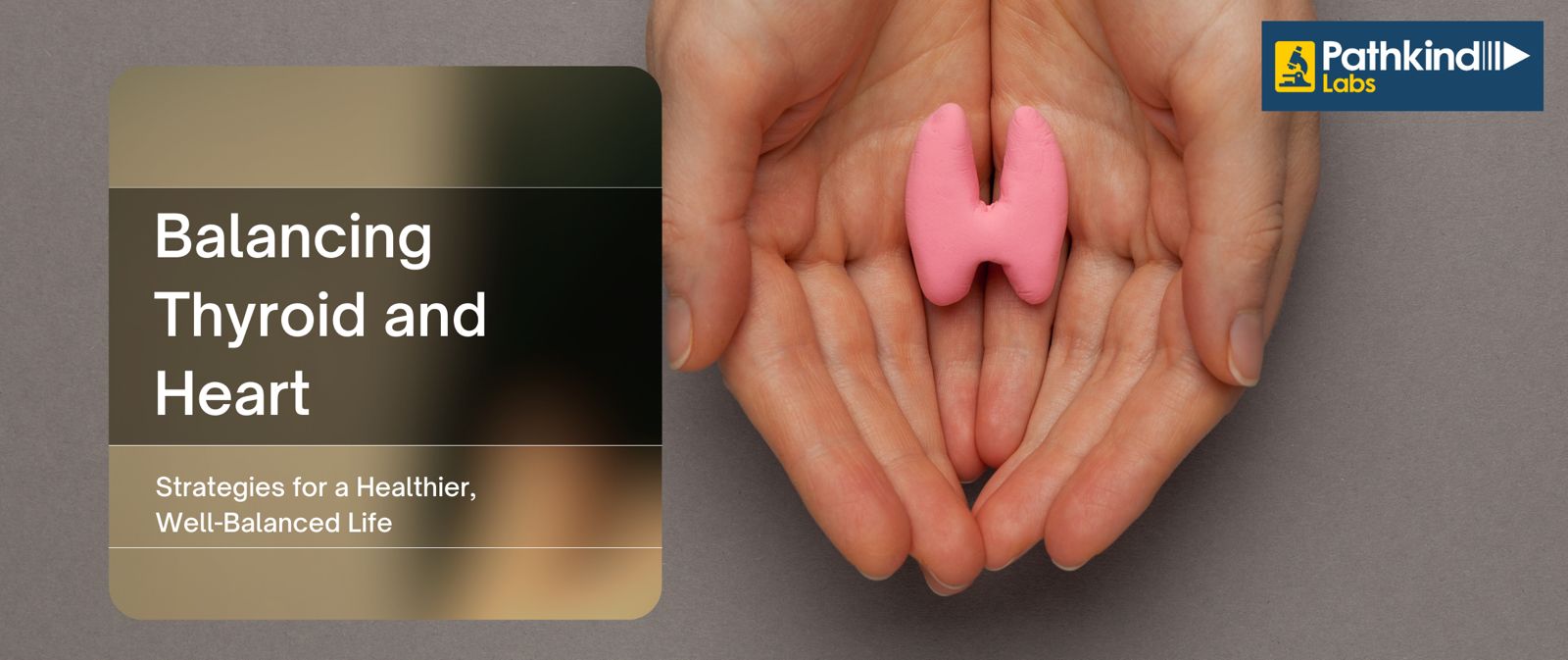Total T3 (Triiodothyronine)

Gender for
Male, Female
No special preparation

Sample Type
Serum
Test Overview
A total T3 (Triiodothyronine) Test is performed to measure the Triiodothyronine level in the bloodstream. It is used to detect thyroid disorders. This test can determine the progression and severity of hyperthyroidism. Triiodothyronine is a thyroid hormone that controls your body’s metabolism and affects every physiological process, including growth and development and body temperature. It directly alters the production of enzymes and proteins in your cells. The majority of triiodothyronine is created from Thyroxine in specific tissues like your intestines and liver through deiodinase enzymes. T3 exists in your body in the form of free T3, the active form bound to a protein, and reverse T3, the inactive form, attached to thyroid receptors. The total T3 test looks at both these forms.
A total T3 (Triiodothyronine) Test is recommended for patients who exhibit clinical symptoms of hyperthyroidism. If the level is abnormally low or high, it can indicate thyroid disease.

 NABL approved
NABL approved Labs
 Most Trusted by
Most Trusted by Doctors
 Accuracy &
Accuracy & timely reporting
 Widest Range
Widest Range of Tests
Test Details
Frequently asked questions
In adults, T3 should be between 0.92 and 2.76 nanomoles per litre or 60 and 180 nanograms per decilitre. Free T3 should be between 2 to 7 picomoles per litre or 130 and 450 picograms per decilitre. An abnormally high T3 level doesn’t indicate thyroid disease by itself but should be considered along with T4 and TSH levels. A high T3 level can be a sign of liver disease, toxic nodular goitre, a rare condition called T3 thyrotoxicosis, or hyperthyroidism. High T3 levels can also be due to the use of steroids or due to pregnancy.
You may notice slight bruising or tenderness on the puncture site after the Total T3 (Triiodothyronine) Test. Some people also experience weakness or light-headedness after the test. Such people should drink water and glucose to stay energized and hydrated. In rare cases, few people also experience bleeding. If these symptoms don’t subside on their own after a few hours, you must consult with your healthcare provider. Your healthcare provider may recommend medications depending on your symptoms.
Pregnant women typically don’t need to undergo the Total T3 (Triiodothyronine) Test. But if they show symptoms of thyroid disease, including sudden weight loss, fatigue and tiredness, frequent bowel movements, muscle weakness, and gastrointestinal disturbances, the healthcare provider may order this test. Pregnancy can lead to increased total T3 levels. So, an abnormal T3 level does not always mean you have a thyroid. This test is completely safe for pregnant women and won’t cause any damage to the foetus.
Triiodothyronine is one of the main hormones released by your thyroid gland into your bloodstream. Around 80% of the T3 in your blood is formed when your body converts T4 into T3 outside your thyroid gland. Rest 20% of T3 is produced in your bloodstream by your thyroid gland. Triiodothyronine plays an important role in regulating your body’s muscle control, bone maintenance, brain development, digestive and heart functions, and metabolic rate. Triiodothyronine also directly activates channels and pumps on the cell’s outer membrane. If your body is unable to produce Thyroxine, there will be an issue with triiodothyronine.
If your T3 levels are high, you may have hyperthyroidism. Hyperthyroidism is caused due to inflammation of your thyroid gland, Grave’s disease, or thyroid nodules. Hyperthyroidism boosts your metabolism, which can be fatal to your overall health. If you’re experiencing hyperthyroidism symptoms, you must contact your healthcare professional. If you already have hyperthyroidism, you must undergo T3 tests to determine how severe it is. The more elevated your T3 levels, there is more chance of the severity of the hyperthyroidism.
The release and production of thyroid hormones, triiodothyronine, and thyroxine can be controlled by a feedback loop involving the thyroid gland, hypothalamus, and pituitary gland. Activation of triiodothyronine is then controlled in body tissues like the kidneys, liver, and brain by enzymes called deiodinases. Deiodinases are known for converting thyroxine into the active triiodothyronine form. Most of the circulating triiodothyronine is produced in the body this way. The feedback loop regulates thyroid hormone production so that when the thyroid hormones triiodothyronine and thyroxine increase, they prevent the release of both these hormones from the pituitary gland.


















